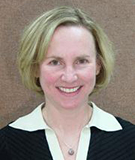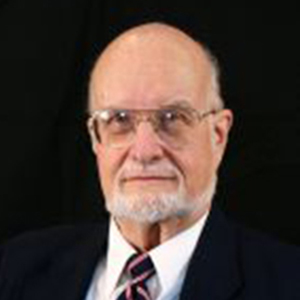New criminal justice chair brings experience and energy to role
mikayla.makle
An expert in comparative criminal justice and criminological theory, Melanie-Angela Neuilly began on Aug. 1 a three-year term as chair of the Department of Criminal Justice and Criminology at Washington State University.
“My goal as chair is to coordinate, facilitate and catalyze faculty’s work and to build bridges between our unit and others for furthering the department and university’s land-grant mission,” Neuilly said. “Meeting the needs of our students and our communities through our research, teaching and service is all the more pressing in the midst of a pandemic and demands for social justice.”.
Neuilly brings a broad range of strengths, experience and energy to her new role, said Matthew Jockers, dean of the College of Arts and Sciences. “Her leadership will help propel the department’s growth and interdisciplinary success.”



